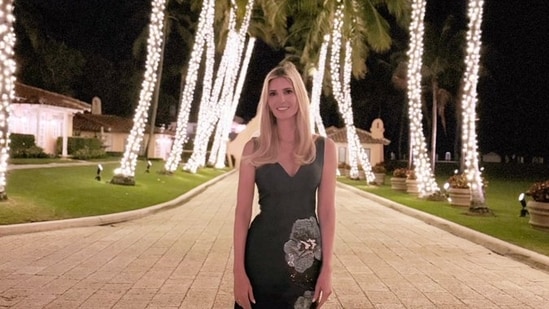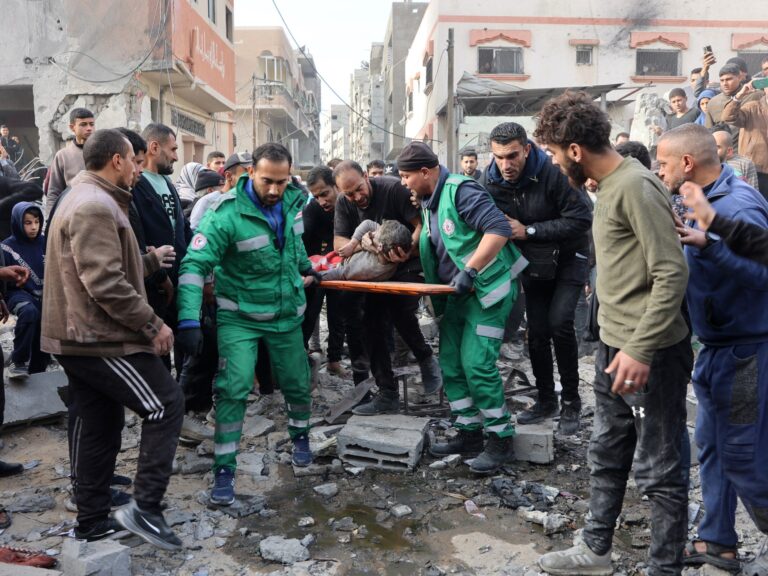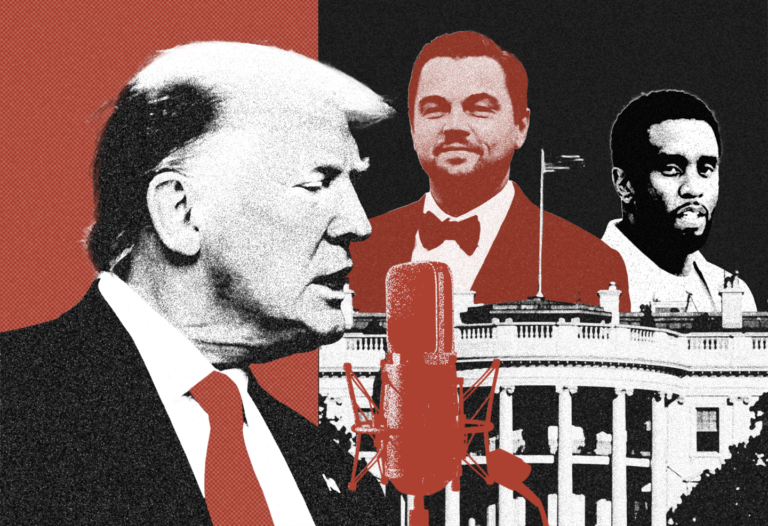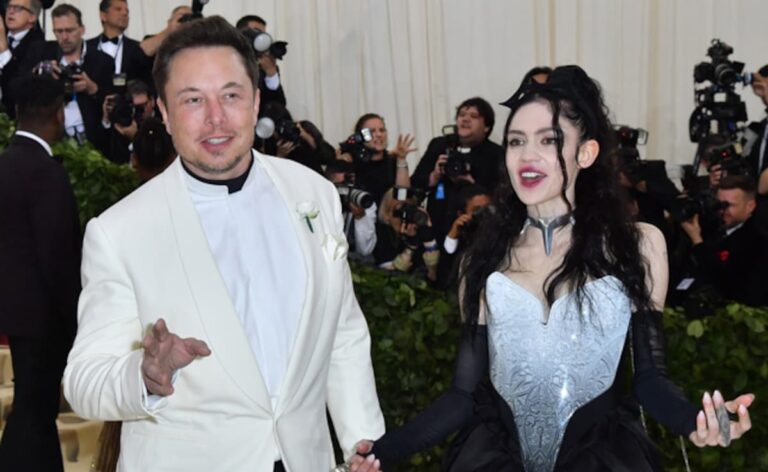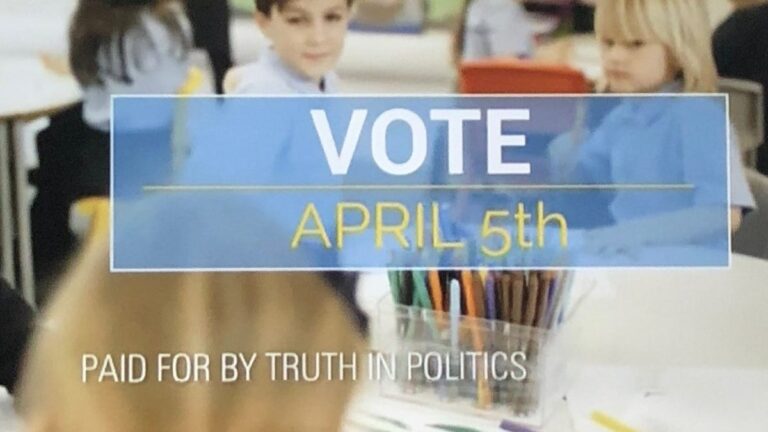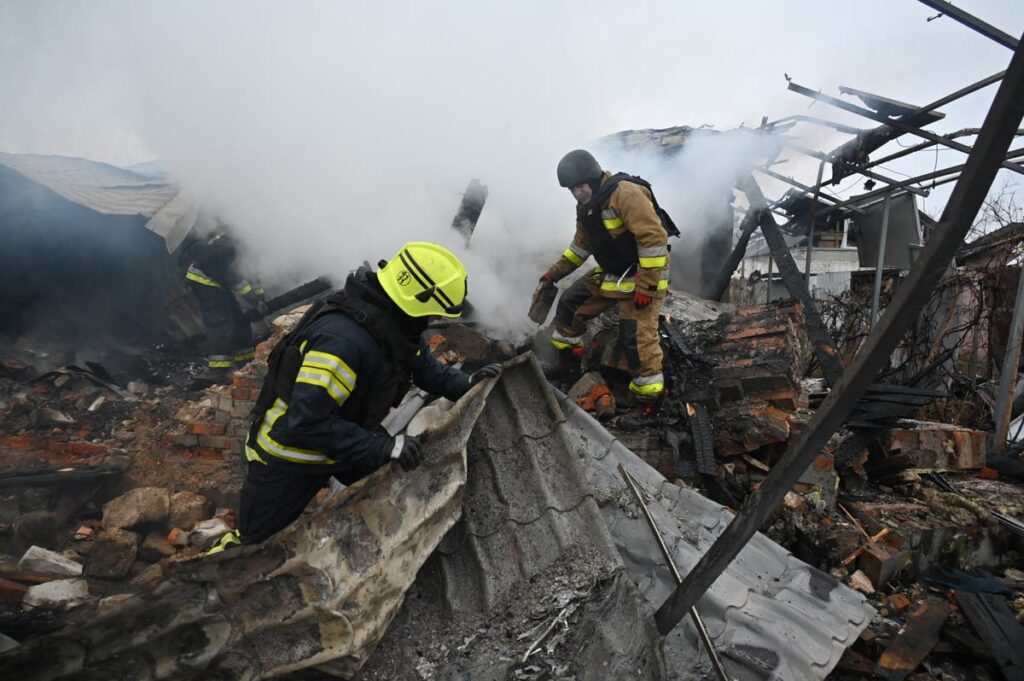
IIt has long been an unofficial tradition of the war for hostilities to cease, or at least abate, on Christmas Day.
The most famous of these truces occurred in 1914, when German and British soldiers abandoned their trenches, sang carols and exchanged gifts. Even the USAF’s notorious Christmas bombing campaign in North Vietnam – the largest such raid since World War II – was suspended on December 25 by President Nixon in 1972.
Vladimir Putin, who we can safely assume approved the Christmas Day drone attacks on Ukrainian civilians, may have been referring to Volodymyr Zelensky’s decision earlier this year to move Ukrainian Christmas to December from the Orthodox tradition of January 7.
In any case, it was meant to prove that Ukraine was dealing with a much more formidable enemy, if proof were needed, in a malicious attempt to show how powerful it was. One person died and 15 others were injured so that Putin could make his completely unnecessary point. It is safe to say that this will make Ukrainians even more determined to never give up.
Putin may consider himself tough, but his war has not been successful; He has also not been lucky with his allies in recent weeks. Were it not for the imminent arrival of Donald Trump to the White House, Putin certainly would not have much to look forward to in 2025.
Under a bogus Harris administration, American military and economic support would have been intensified – and Europe, despite political disagreements in Paris and Berlin, would have remained loyal to Kiev.
Despite assistance from North Korean reinforcements and some Chinese equipment, Russian forces have made only slow progress on multiple fronts, and their attacks could have been further weakened by the use of Western-supplied long-range missiles – and Ukrainian resistance has been strengthened by more advanced missiles. . NATO weapons and training.
But the sanctions regime, abandoned by the Kremlin’s dishonest friends, has hit the Russian economy hard – and consumers are under increasing pressure as the country’s resources are diverted into the war machine. Even questions about the conduct of the war are routinely raised on Russia’s rabidly nationalistic official media channels.
As the war approaches its third anniversary in February, Putin’s chances of leading a victory parade on Nezalezhnosti Square appear more remote than they did when he launched his “special military operation” in 2022.
With the fall of President Assad in Syria – and Iran being tamed by Israel – Putin appears isolated and weak. He is increasingly dependent on Kim Jong Un, of all people, and President Xi to support his regime. In fact, Putin leads the Potemkin regime, and failure breeds instability.
As has happened before in Russia, regime change can come at a time when it was least expected at the time, but then seems so obvious and inevitable in retrospect.
So the cliché “snatching defeat from the jaws of victory” comes easily to mind when President-elect Donald Trump comes to Putin’s rescue — especially as the 47th president prepares to implement his “24-hour peace” plan for Ukraine.
The opportunity to imprison Putin has passed. 2025 will almost certainly be the year the war in Ukraine ends. There will be some kind of deal. This would be more beneficial for Russia than it should be, but it would not be the complete disaster for Ukraine that seemed likely even a few months ago.
For some reason, the old bromance between Trump and Putin seems to have evaporated, and the Russians have returned to a Cold War mentality in which America is the permanent, implacable enemy, whoever is in power in Washington.
Mr. Trump, is proud to have authored it art of deal, The United States will not simply hand Ukraine over to Putin, but will demand concessions and protect America’s interests.
He would not want to look like he was at his worst in the negotiations. It may have occurred to Trump that making Ukraine’s resources available to the global economy, rather than to the corrupt rulers in the Kremlin, would be the best outcome.
So, while it is clear that Ukraine will not be able to reclaim Crimea or some of its eastern territory, Putin will not be able to absorb most of Ukraine into Russia.
Thus, by Christmas 2025, the bombings may end and the West – indeed, the EU, the UK and other committed Western powers – will need to help Ukraine rebuild and ensure its security, whether within NATO or (more likely) . ) no.
This is at least something worth looking forward to after three years of brutal war and the West’s failure to confront unprovoked Russian aggression.


